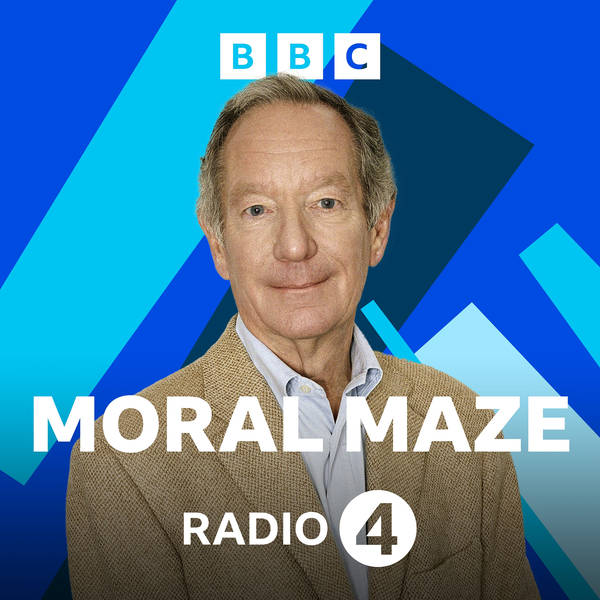
Lest We Forget: the Morality of Remembrance
The centenary of the end of the First World War this weekend is a significant moment for collective moral reflection. What is the point of remembering the fallen? Is it to make a solemn vow that we will not let their sacrifice turn out to have been in vain and that we will fight to hold onto the freedoms they fought to defend? Or is it formal commitment that we will not repeat the mistakes of the past and that we will never again send our young men to die uselessly for a cause they do not understand? We can all accept that the rituals and symbols of remembrance say a lot about the values and shared emotions of our nation in the 21st century, but do they express the best or the worst of our nationhood? History and psychology teach us that we are bad at learning from our mistakes. Maybe that’s because remembrance, according to critics, sentimentalises the past, sugar-coating history with the politics of the present, reinforcing nationalism rather than national togetherness. Maybe, in many corners of our grieving and grudgeful planet, there is a moral case for forgetting. That view - reply the crowds who lined the streets of Wootton Bassett to welcome home the heroes of Helmand - is unpatriotic rubbish. Meanwhile the armed forces are seeing their biggest personnel shortage in a decade. The Chief Of Defence Staff, General Sir Nick Carter recently questioned whether today’s young people understand the "notion of service". If that’s true, should we welcome their independence of mind, or deplore their lack of loyalty? If it does nothing else, perhaps the act of remembrance serves to remind us of the virtue of sacrifice and that millions of people once rallied to a cause they believed to be greater than themselves.
Producer: Dan Tierney
